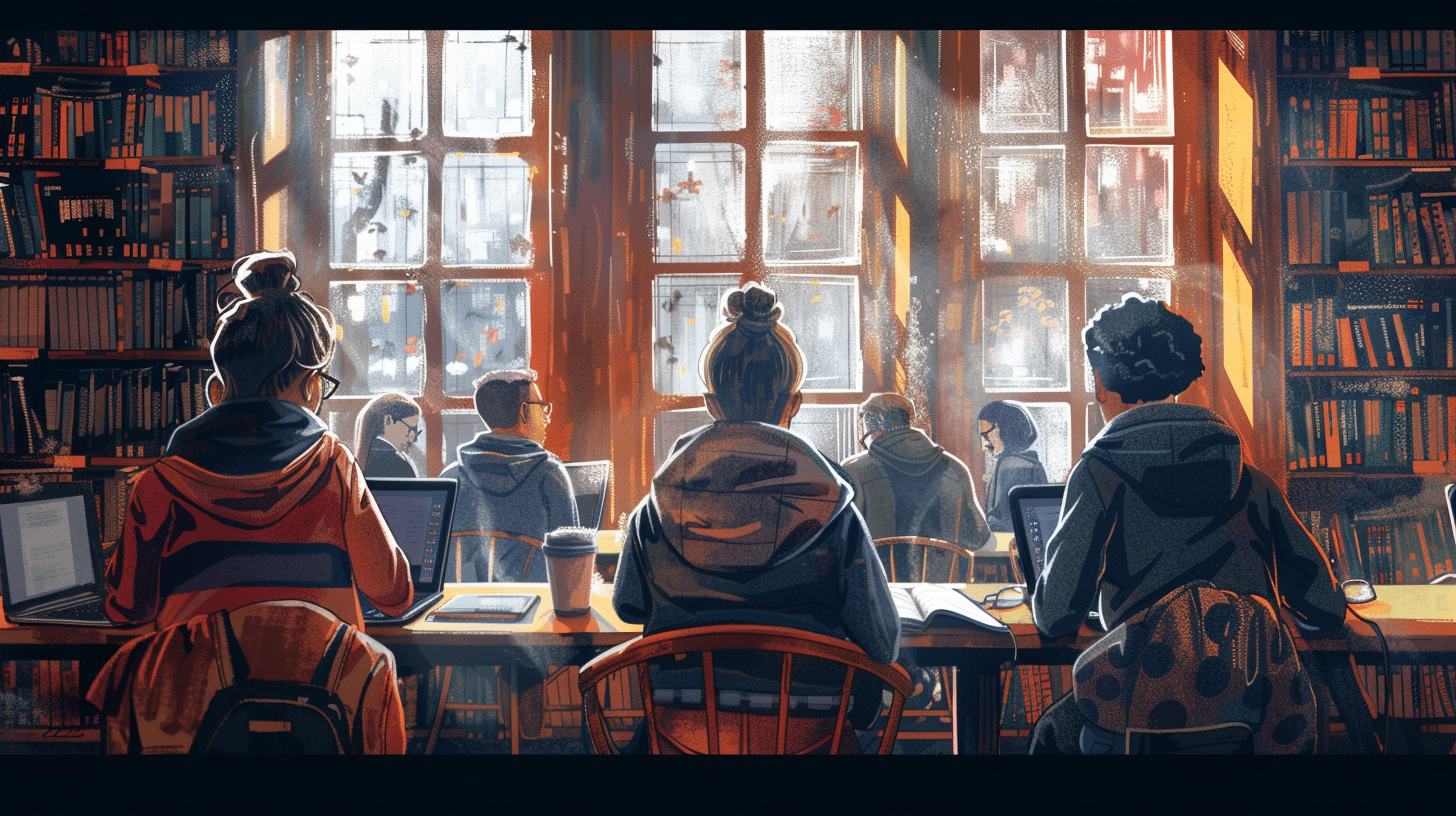Pick a language and start learning!
Present perfect tense Exercises in Dutch language

The present perfect tense in Dutch, known as "voltooid tegenwoordige tijd," is an essential aspect of mastering the language. It is used to describe actions that have been completed in the past but still have relevance to the present moment. Understanding and using the present perfect tense correctly allows speakers to convey a wide range of meanings, such as recent experiences, changes over time, and completed actions with present implications. This tense is formed using a combination of auxiliary verbs (hebben or zijn) and the past participle of the main verb. For instance, "Ik heb gegeten" translates to "I have eaten," illustrating how the action of eating is complete but still pertinent to the current context.
In our comprehensive set of exercises, you'll find a variety of practice scenarios designed to reinforce your understanding of the present perfect tense in Dutch. These exercises will guide you through the intricacies of verb conjugations, the appropriate use of auxiliary verbs, and the formation of past participles. Through contextual practice, you'll learn to distinguish when to use "hebben" versus "zijn" as auxiliary verbs, a common point of confusion for learners. By engaging with these exercises, you'll build the confidence to use the present perfect tense accurately in both written and spoken Dutch, enhancing your overall fluency and comprehension of the language.
Exercise 1
<p>1. Ik *heb* een boek gelezen (to read).</p>
<p>2. Zij *heeft* de hele nacht gewerkt (to work).</p>
<p>3. Wij *hebben* een nieuwe auto gekocht (to buy).</p>
<p>4. Jullie *hebben* een taart gebakken (to bake).</p>
<p>5. Hij *is* naar Amsterdam gegaan (to go).</p>
<p>6. Ik *heb* mijn huiswerk gedaan (to do).</p>
<p>7. Zij *hebben* in het park gewandeld (to walk).</p>
<p>8. Hij *heeft* de hond uitgelaten (to let out).</p>
<p>9. Wij *zijn* naar het museum geweest (to be).</p>
<p>10. Jullie *hebben* de wedstrijd gewonnen (to win).</p>
Exercise 2
<p>1. Hij heeft gisteren *gezwommen* in het zwembad (verb for swimming).</p>
<p>2. Wij hebben samen een prachtige taart *gebakken* voor het feest (verb for baking).</p>
<p>3. Jullie hebben de hele nacht *gedanst* op het feest (verb for dancing).</p>
<p>4. Ik heb mijn huiswerk al *gemaakt* voor morgen (verb for making or doing).</p>
<p>5. Zij heeft een mooi schilderij *geschilderd* voor haar oma (verb for painting).</p>
<p>6. We hebben vorige week een nieuwe auto *gekocht* (verb for buying).</p>
<p>7. Hij heeft zijn sleutels *verloren* in het park (verb for losing).</p>
<p>8. De kinderen hebben in de tuin *gespeeld* (verb for playing).</p>
<p>9. Ik heb mijn vriend een brief *geschreven* (verb for writing).</p>
<p>10. Zij hebben een film *gekeken* op zaterdagavond (verb for watching).</p>
Exercise 3
<p>1. Zij *heeft* een nieuwe auto gekocht (auxiliary verb for she).</p>
<p>2. Wij *hebben* samen een taart gebakken (auxiliary verb for we).</p>
<p>3. Hij *heeft* zijn huiswerk gemaakt (auxiliary verb for he).</p>
<p>4. Jullie *hebben* de trein gemist (auxiliary verb for you all).</p>
<p>5. Ik *heb* een boek gelezen (auxiliary verb for I).</p>
<p>6. De kinderen *hebben* in de tuin gespeeld (auxiliary verb for they).</p>
<p>7. Zij *heeft* haar kamer opgeruimd (auxiliary verb for she).</p>
<p>8. Wij *hebben* een lange wandeling gemaakt (auxiliary verb for we).</p>
<p>9. Hij *heeft* een schilderij gemaakt (auxiliary verb for he).</p>
<p>10. Jullie *hebben* een mooie foto genomen (auxiliary verb for you all).</p>







